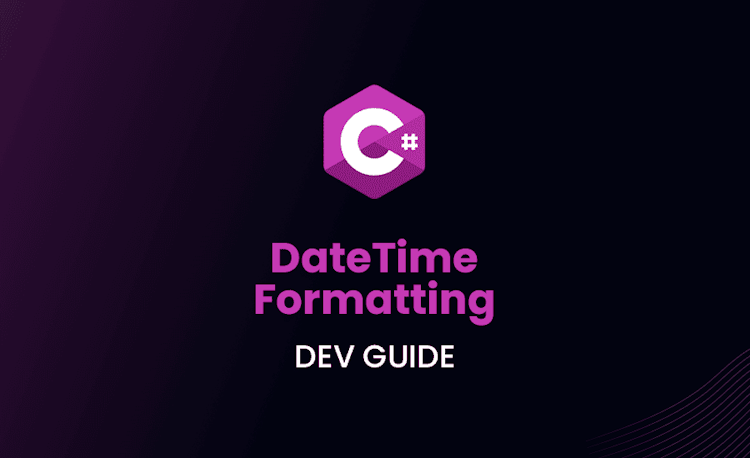C# Static Constructors: An Essential Guide

Introduction to Static Constructors in C#
The Basics of Constructors in C#
In C#, constructors are special methods that initialize an object when it’s created. They have the same name as the class and don’t return any value. Constructors can be overloaded, allowing you to create multiple constructors with different sets of parameters to initialize objects in various ways.
Why Use Static Constructors?
Static constructors are useful when you need to initialize static members of a class. They ensure that the static members are initialized only once, before any instance of the class is created or any static methods are called.
Understanding Static Constructors
Defining a Static Constructor
A static constructor is a constructor that doesn’t require an object instance to execute. It initializes the static members of a class and runs only once during the lifecycle of an application.
Static Constructor Syntax
The syntax for defining a static constructor is straightforward:
Loading code snippet...
How Static Constructors Work
Initialization of Static Members
Static constructors are called automatically by the runtime, initializing static members before the class is used. This ensures that all static members have valid values before they are accessed.
Execution Order
The static constructor is called before any static member is accessed or any instance of the class is created. However, the exact order of execution is not guaranteed, so it’s best not to rely on any specific order when working with static constructors.
Exception Handling
If an exception is thrown in a static constructor, the runtime will not catch it, and the type will become unusable for the lifetime of the application domain. It is crucial to handle exceptions in a static constructor to prevent the application from crashing.
Static Constructor vs. Instance Constructor
Key Differences
- Static constructors initialize static members, while instance constructors initialize instance members.
- Static constructors are called only once, whereas instance constructors are called every time a new object is created.
- Static constructors do not have access modifiers or parameters.
Usage Scenarios
Static constructors are ideal for initializing static members, while instance constructors are suitable for initializing instance members. Choose the right type of constructor depending on the members you need to initialize.
Practical Examples of Static Constructors
Singleton Design Pattern
The Singleton design pattern ensures that only one instance of a class exists in an application. A static constructor can be
used to implement this pattern:
Loading code snippet...
In this example, the static constructor initializes the _instance variable, ensuring that only one instance of the Singleton class is created.
A static constructor can be used to set up a logging mechanism for an application:
Loading code snippet...
In this example, the static constructor initializes the _logFilePath variable and creates the log file if it doesn’t exist.
Common Pitfalls and Best Practices
Be Mindful of Execution Order
Since the execution order of static constructors is not guaranteed, avoid relying on a specific order when working with multiple static constructors.
Avoid Complex Initialization Logic
Keep the initialization logic in static constructors simple and straightforward. Complex logic may lead to unforeseen issues and make the code harder to maintain.
Conclusion
Static constructors in C# provide a convenient way to initialize static members of a class. They are executed only once during an application’s lifecycle, ensuring that static members have valid values before they are accessed. When using static constructors, it’s essential to be mindful of their execution order and avoid complex initialization logic to ensure maintainable and robust code.
FAQs
Can a static constructor have parameters?
No, static constructors cannot have parameters.
Can a static constructor have an access modifier?
No, static constructors cannot have access modifiers. They are implicitly private.
Can a static constructor be explicitly called in the code?
No, static constructors are automatically called by the runtime and cannot be explicitly called in the code.
Can a static constructor throw an exception?
Yes, a static constructor can throw an exception, but if it does, the type becomes unusable for the lifetime of the application domain.
Can a class have both a static constructor and an instance constructor?
Yes, a class can have both a static constructor and one or more instance constructors, as they serve different purposes in initializing static and instance members, respectively.





